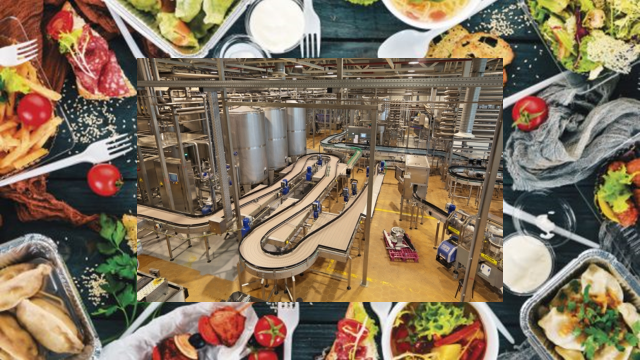The idea that the branded industry creates “shared value”, that is, produces benefits throughout the value chain, supporting the entire economic system, is intuitive. The brand, indeed, makes the products recognizable on the market and gives guarantee of its quality and reliability.
Less easy, however, is the quantification of the widespread value, generated throughout the country and on the community, which must consider the complexity of the different sectors and markets, the articulation of the supply chain and the multiple repercussions. The study “The brand creates value for Italy”, carried out in collaboration with Centromarca, considering 177 associates of the food, beverage and chemical sectors has estimated the overall capacity of these companies to create and distribute wealth, well-being and employment beyond their borders, on the entire socio-economic system.
The Shared Value created by the Centromarca associates in 2019 in Italy is equal to 73.1 billion euros, or 4% of GDP in 2019. It is a very substantial amount, equivalent to about 120% of the entire Italian production of agriculture, forestry and fisheries and a third of the funds of the recovery fund. Of these: 12.5 billion are generated through the use of Italian suppliers, 16.2 billion in the production phase of branded companies, 1.3 billion in logistics and 43.1 billion in different distribution channels. The shared value is also part of the tax contribution of 30.2 billion, equal to 6.4% of Italian tax revenues in 2019.
Finally, the supply chain employs more than 750,000 employees, corresponding to 3.2% of the employees in Italy. The effect on employment is extraordinary, with as many as ten employees per employee of branded companies. The sector pays a total of 22.7 billion gross wages, equivalent to the annual expenditure of more than 301,000 households.
In the single sectors, the food sector generates 28 billion euros of Shared Value (38.3% of the total), 11.7 billion in tax contributions and 291,396 jobs. The sector stands out for the high value created in the upstream phases of the supply chain, that is, for suppliers, highlighting the close relationship between the brand industry and the Italian agricultural and livestock supply chain. Industry is the main creator of shared value compared to individual distribution channels; 49% of the value created in the distribution and sales phase concerns the GDO, where the largest volumes pass.
The drinks create 34 billion euros of Shared Value, 14 billion in tax contributions and 359,452 jobs, with 16.1 employees per employee of Centromarca companies. The sector creates a significant value for distribution‐sales, especially in Ho.Re.Ca. where 57% of the wealth generated in the supply chain is concentrated.
Finally, the chemist and personal and home care accessories create 11.1 billion euros of Shared Value, 4.5 billion in tax contributions (44 cents of revenue is generated for every euro sold) and 103,423 jobs. Although some of the factories and suppliers are abroad, shared value is very relevant. Employment is concentrated downstream, especially in traditional retail.
The estimation of shared value is a methodology developed by Althesys for several years now for the calculation of socio-economic repercussions on a territory (nation, region, site) of a company or sector. The analysis covers the activities carried out at all stages of the supply chain, from suppliers to distribution, and considers not only direct effects but also indirect and induced effects.
